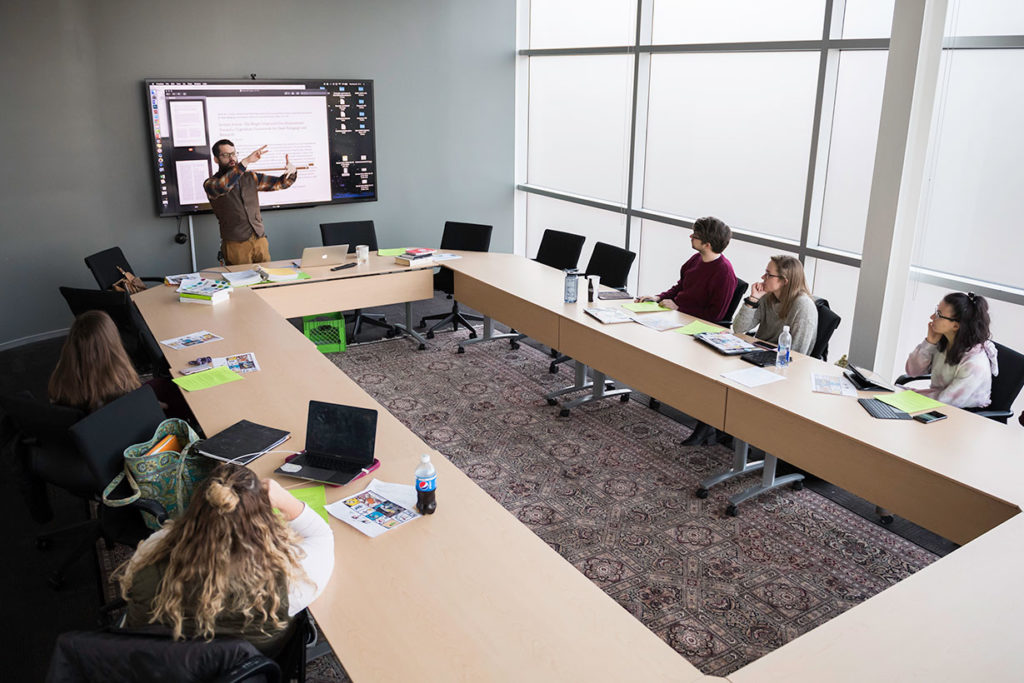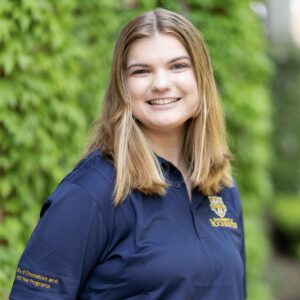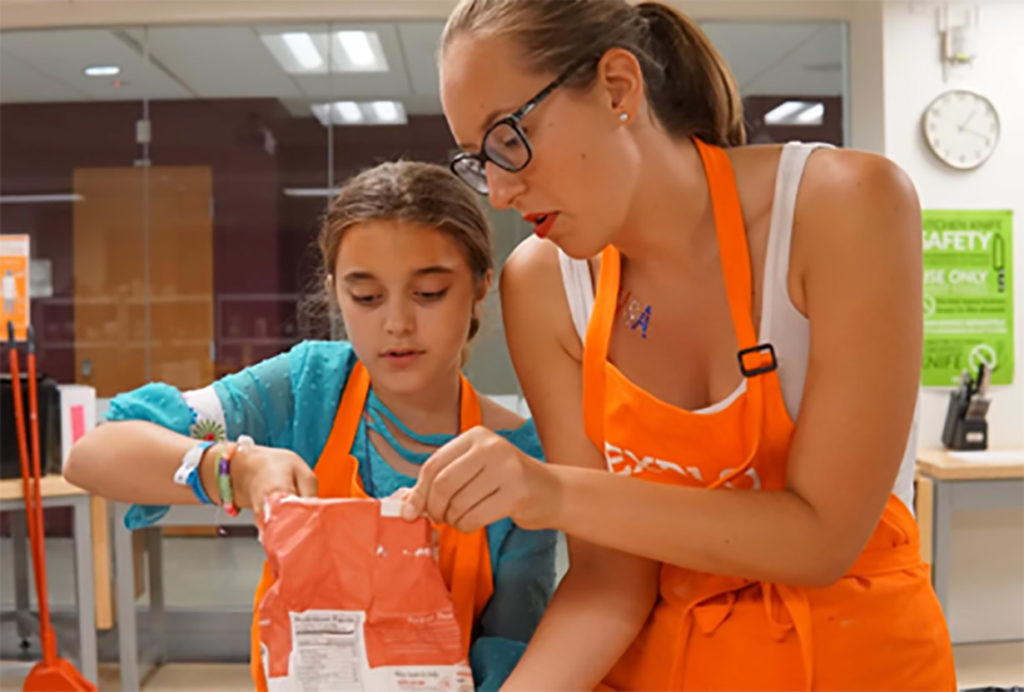About GRADE
To begin a career in education, such as teaching, counseling, or human development, you’ll need both a bachelor’s degree and a master’s degree, which typically takes at least six years of higher education.
The Guaranteed Rochester Accelerated Degree in Education (GRADE) program is a five-year BA/BS + MSEd program for students interested in becoming educators. If admitted, you enter the University with an assurance of admission to the Margaret Warner Graduate School of Education and Human Development (part of URochester’s main academic campus).
The program offers a quality liberal arts education and prepares students to enter education fields. After completing undergraduate coursework, students may be eligible to complete their primary program in fifteen months* of study at the Warner School (summer, fall, spring, and summer). For the master’s program, students can specialize in counseling, human development, applied behavior analysis, educational policy, higher education, online teaching, program evaluation, or teaching and curriculum, including elementary or secondary education, with the option of additional certification in special education, literacy, TESOL, urban teaching and leadership, or online teaching and learning. Students may choose any undergraduate major, but should include MSEd preparatory classes as required by New York State Certification guidelines.
* Students who go into the counseling program typically spend two years at the Warner School
after completing their bachelor’s degree.
Official GRADE students receive, at minimum, the Steven Harrison Scholarship (covering one-third of tuition for four years of undergraduate study) and a 50% tuition scholarship during their Warner graduate program.



